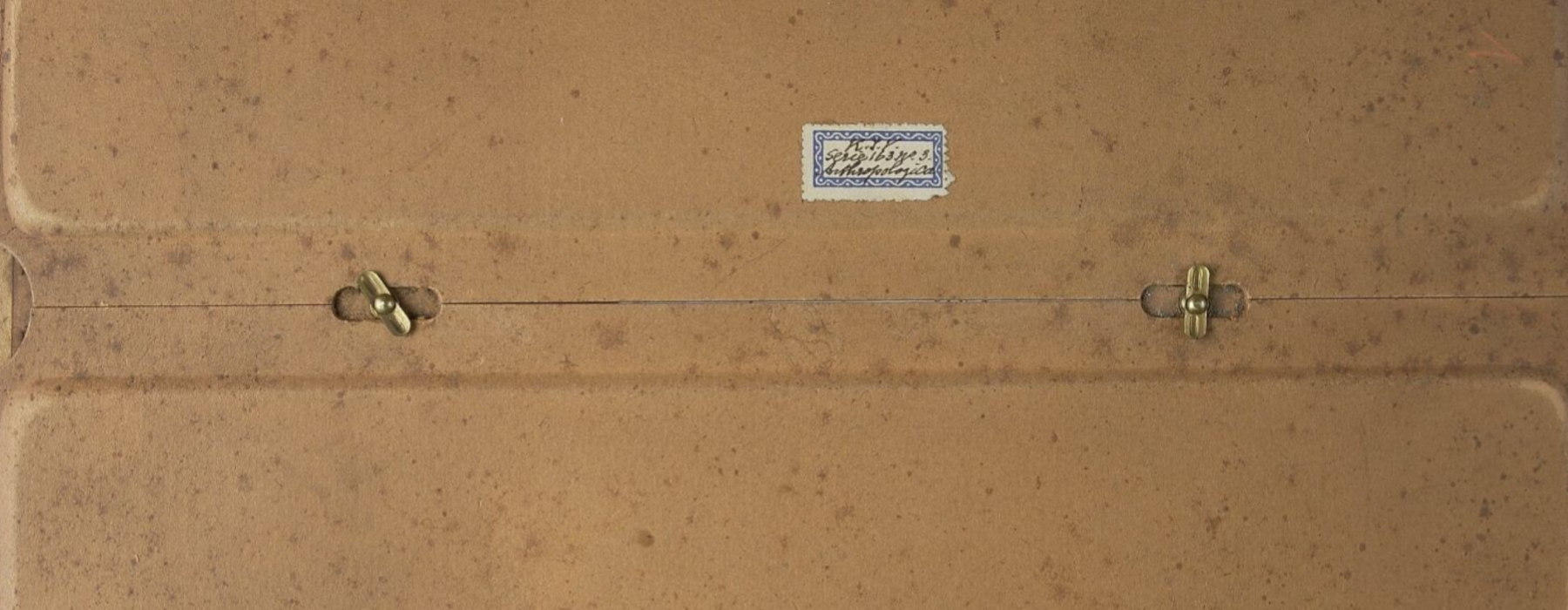
Recent controversy across Europe about what to do with objects collected during the colonial period in museums highlights the political landscape in which museums operate today. So political are the stakes that numerous governmental officials have weighed in on these discussions, including France’s president, Emmanuel Macron who, in a statement at the end of 2017 declared: “African heritage can’t just be in European private collections and museums”. Never before had any European head of state so openly criticized museum policies. Shortly after Macron’s pronouncement other government officials, heritage practitioners and museum professionals across Europe joined in the discussion to set out (national) positions on how to deal with colonial objects in museums.
While these open statements by public officials may be unprecedented, issues related to contested objects within museums have been on the rise in recent years. Indeed, they come at a moment of increased attention from diverse stakeholders to how museums deal with their colonial pasts, giving rise to activist initiatives across Europe and North America such as Decolonize this Place in the USA, and Museum Detox in the UK that have been pushing museums to rethink their practices. In the Netherlands, Decolonize the Museum and other similar initiatives have come to challenge the ways in which Dutch museums deal with the colonial past. And there is a growing response from Dutch museums, as well as the Dutch state. This includes the recent letter of the Dutch Minister of Education, Culture and Science to parliament about the national process established under her instruction for developing a national framework on how to deal with colonial heritage in museums.
One of the responses to this current moment was the Executive Board of the International Committee of Museums (ICOM) proposal for a new definition for the museum. Employing words such as “human dignity”, “global equality” and “societal wellbeing”, this new definition pushes beyond the programmatic terms of its precursor, to adopt a more active orientation towards social justice and questions of equity and equality. The new definition for the museum is still under discussion.
Though not exclusively, in this seminar we will focus on human remains, a category of objects regarded by many as one of the most contested, especially within ethnographic and world cultures museums. These objects not only raise issues about the rights of ownership or modes of acquisition and display, but also open up ethico-moral concerns about what it means to collect and ‘own’ the physical remains of others.


